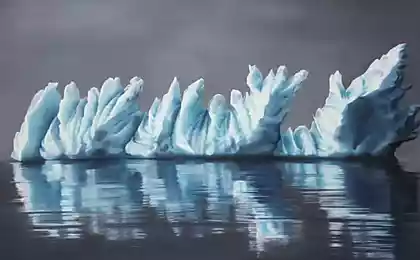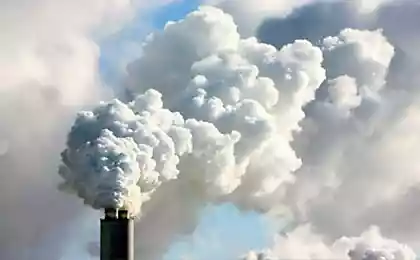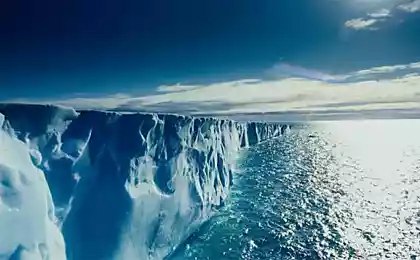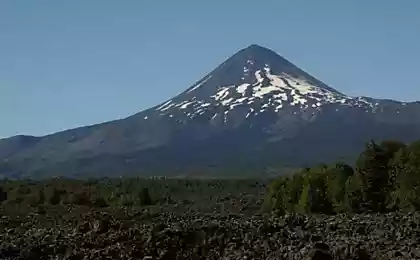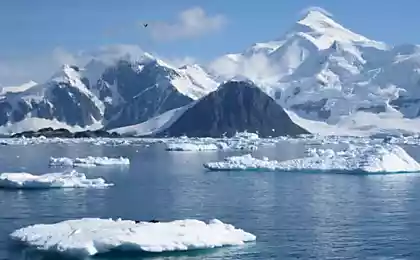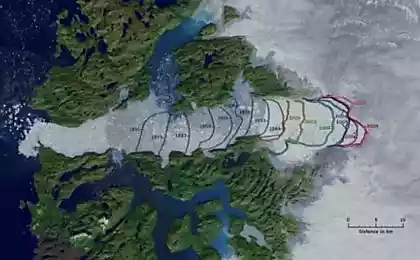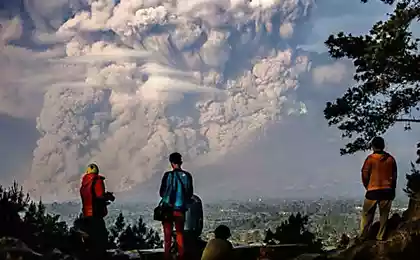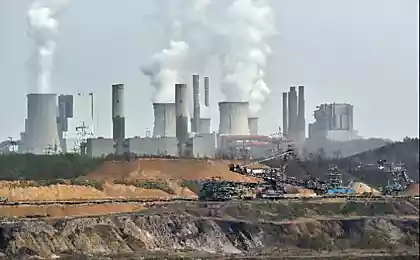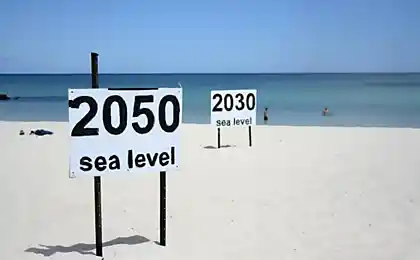1028
Earth expects global warming?
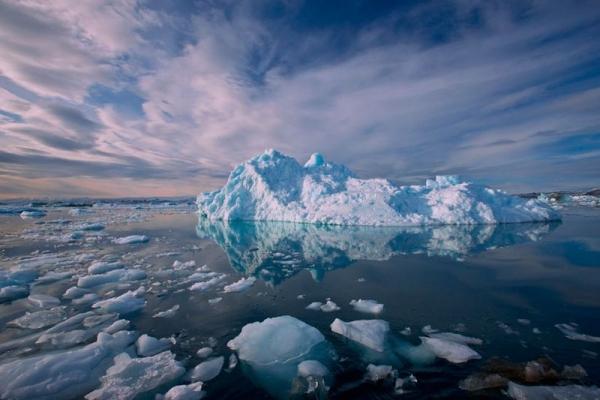
Sea ice in the Arctic has reached its maximum size and starts to melt in spring. Record low maximum level ice was last year, but in this he is not too grown up, overtaking a small percentage of this season, he made 15 240 thousand sq. M. kilometers, non-stop continuing the downward progression. For nine consecutive years, satellites recorded the lowest maximum ice in the region.
Arctic ice melts all year round, although winter tendency to decrease its amount is not as active as in the summer, mainly due to the fact that most of the Arctic Ocean covered by ice during the winter, when the sun disappears in the northern part of the Arctic Circle. In spite of this, the summer disappearance of sea ice, the level of which in the past year was a record minimum, as in 2007, does not allow the winter to reach the once normal historical levels of maximum ice, due to lack of sufficient amount after the seasonal thaw.
Of particular concern is not only that the ice is reduced in total, it thus becomes much thinner. This winter, the minimum thickness of the ice was only from 10 to 30 centimeters, evidenced by US data center relating to polar research NSIDC (National Snow and Ice Data Centre).
"At this rate, all the ice can quickly melt away" - said the researcher NSIDC Walt Meier - "besides the ice melts faster, because to become increasingly difficult to capture the trend and to adapt to it, and in the end it turns out, as it is called the principal investigator and NSIDC director Mark Serreze "the effect of the downward spiral».
These changes, of course, can not reflect well on the environmental situation. If all the ice as fast will continue to melt, it is expected a sharp decline, and possibly the disappearance of the polar bear population, because in their normal existence and hunting seals need ice. Also, the reduction of the frozen areas of the ocean can significantly accelerate the process of global warming, because if the ice reflects sunlight, the dark surface of the ocean on the contrary, absorb it, which will lead eventually to the fact that the world's climate will become warmer.
